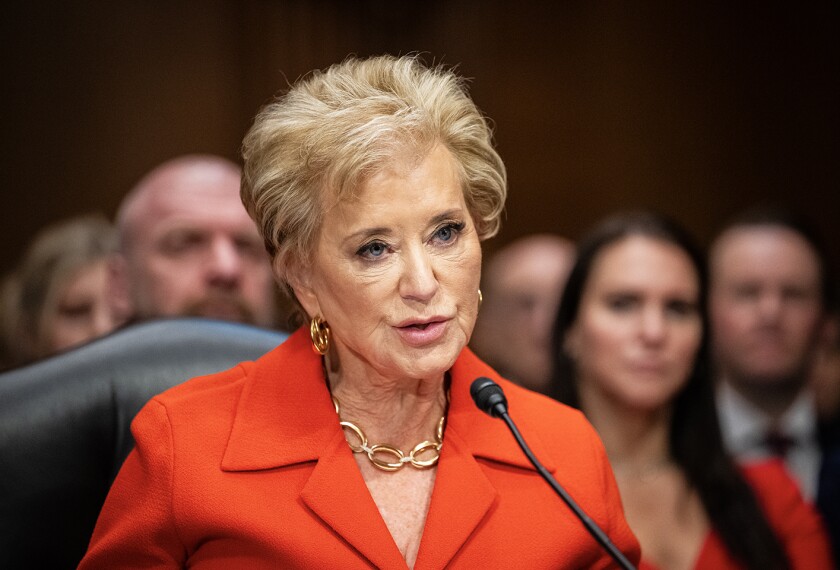How can states create and implement an action plan to support education goals? Over the past four years, the North Carolina State Board of Education has been analyzing and strengthening global education policies. This week, Helga Fasciano, Special Assistant for Global Education, North Carolina Department of Public Instruction, shares their process, lessons learned, and advice.
by guest blogger Helga Fasciano
For many years, a goal of the North Carolina State Board of Education (SBE) has been to produce globally engaged graduates. The concept of global awareness is embedded in our professional standards for teacher and administrator evaluations. And the development of North Carolina’s academic standards has taken into account international standards benchmarks. But beginning in September 2011, the SBE took steps to assess the state’s overall efforts and to develop a comprehensive set of actions to ensure every public school student graduates fully prepared for the world.
Here are some recommendations, based on what they did, that might provide an action plan for others looking to begin this work:
Listen and Learn
Start by engaging in a series of “listen and learn” interviews and meetings to review what you know exists in current policy and legislation as well as any potential barriers. In addition, listen to stakeholders from businesses, other government agencies, and school districts to help you identify needs, resources, and what is currently working. Broaden those meetings to include national and international experts with a global perspective.
Analyze Your Findings
Determine the major findings from what you have learned. For example, here are a few findings taken from the final report of North Carolina State Board of Education Task Force on Global Education:
1. We aren’t preparing students for a global tomorrow; North Carolina is global today.
North Carolina’s economy is globally connected in every important respect—from economic investment and employment to trade—and these economic changes are occurring as North Carolina boasts a population that is becoming more ethnically and culturally diverse than before.
2. Pilot programs won’t cut it. Preparing globally competent graduates requires a comprehensive approach.
North Carolina has a number of strong organizations and significant local education agency (LEAs) initiatives in place focused on global education. But, we do not have a coordinated and comprehensive strategy. The challenge is not to replace what is being done but to understand and build on current strengths in a strategic, coordinated manner.
3. To prepare our students for the world, we need to prepare their teachers.
Making global education a priority means making teacher preparation and development a priority. While the North Carolina Standard Course of Study will make our students more competitive, they will not make themselves more globally aware.
4. North Carolina was once a leader in language learning. It’s time to return to the pole position, to use a NASCAR analogy.
Between 1994 and 2004, K-12 World Language enrollment decreased 23 percent. Enrollment has slowly improved since 2004, but is still down 15 percent versus mid-1990s levels. The reality is that as North Carolina has become more international, our world language effort has declined. In order to maintain and increase our competitive advantage, North Carolina public schools must graduate students with advanced cultural and language skills.
5. Schools need peers and partners to move this agenda.
Building networks of schools, districts, higher education, third-party providers, and the business and governmental communities is a critical step to ensuring strong practice and innovative ideas go beyond the schools and communities in which they originate and make an impact on students across North Carolina.
6. If it’s not sustainable, it’s not a strategy.
Effective programs that are not affordable over the long run ultimately will not serve North Carolina students and society. Our state needs scalable approaches with ongoing support. Consistent communication about the competitive advantage and opportunities that a globally-informed education will offer to individuals, communities, and our state is critical.
Take Action
Based on the findings, a set of actionable items was developed to meet the state’s goal of preparing globally competent students. I will explore those in Part 2 of this post on Thursday.
Follow Helga, the North Carolina DPI, Heather, and Asia Society on Twitter.






